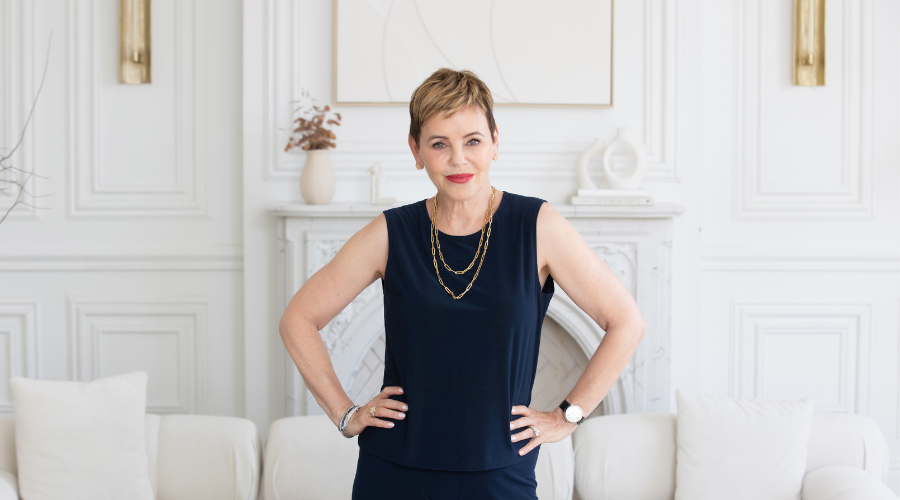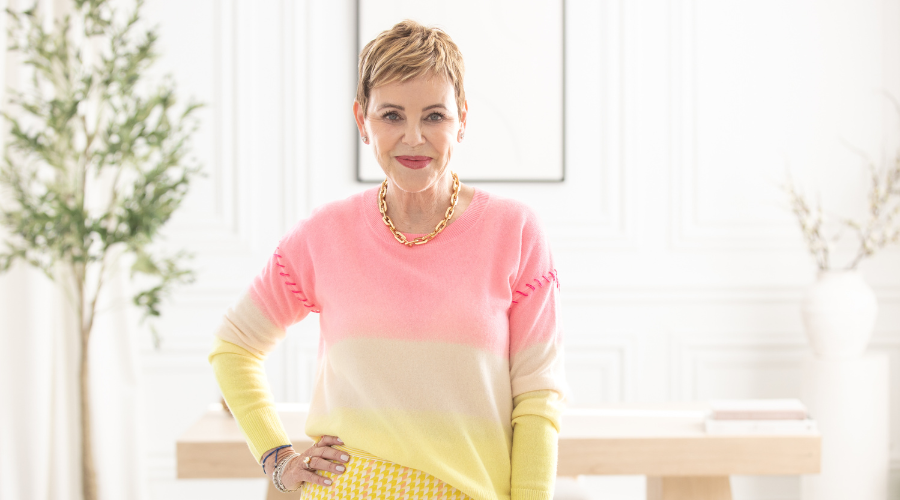When I turned 30, I thought life as I knew it was over. The fun, the adventure, the easy bargain with responsibility had ended. Little did I know that the transition to 60 would be an even greater milestone. In fact, it was my 60th year that changed everything and ushered in the beginning of the “Da Vinci years,” the time when you plan your retirement, walk new paths, try your hand at different tasks and hobbies, and re-discover the fun and adventure that you put behind you when at thirty you became a full-fledged adult.
In his book The Da Vinci Curse, author Leonardo Los Pennato says, “A clear direction in life gives us purpose. But Da Vinci people with their multiple talents lack this—they repeatedly change direction and switch jobs and hobbies.” At thirty being a Da Vinci person can be a problem. At 60 it’s a gift.
Turning 60, I wasn’t at all certain what I should do. Just as a classic Da Vinci person can’t settle on one direction or one set of interests, I was caught between making choices based on practical reasons versus more mercurial opportunities.
The most obvious choice, the easiest one, was to do nothing. I could remain at my teaching position even though I was past my best teaching years. The difference in age between myself and the young adults I was training had become an ever-widening gap. But if I stayed on, I would accrue more pension dollars when I finally retired so it was the safest, and some might say the most reasonable solution.
Or should I aim for a management job at the college where I’d worked for many years? Management would take me out of the classroom, and put me in touch with the small circle of academic managers who laboured over class size, budgets, curriculum and adhering to the provinces’ strict pedagogical rules. What could be more boring, I asked myself?
The other choice was to head out on my own and embark on what I dreamed of doing: being a writer, and not just a hobbyist. The question was could I earn money for my craft and be recognized as a professional and not just an eccentric woman pursing a romantic dream?
My best friend was kind enough to hold a celebration for me in her home on the day of my 60th birthday. My daughter was there, friends from work and former students. A favourite student made a short speech in which she talked about “a life well-lived,” and it was at that moment that I realized the time had come to take a chance and embark on the third choice, an entirely different path, the risky idea that I could actually fulfill my true desire to become a novelist.
Los Pennato argues that Da Vinci people are good at a number of tasks, but they are quickly discouraged and often give up on jobs or hobbies before developing their talent to its full potential.
On the day I turned 60, I recalled showing my former partner a short story I’d written. I was 30 then. He was 46. He was a published poet and a university lecturer with many famous friends who were writers. After reading my work his one comment was, “I expected better from you.”
It hurt —and shut me down as a writer for decades. If my significant other couldn’t see merit in my work, I figured no one else would either.
At 60, I decided to try again. I began to plan. What I didn’t anticipate, at least not at first, was how a new purposeful life was available to me, and in many ways, it was as adventurous and as satisfying as any I’d known as a younger person. What we often miss is that turning 60 is a joyful marker because it is freeing rather than limiting.
Here’s what happened to me during my 60th year. The first thing was that I got scared. Yes, I had a good pension from working for 25 years, but I was living in a large house that needed repairs and upgrading. Days after my 60th birthday the water pipes coming from the street into my basement, burst. Not only did they need replacement, there was also water damage. My insurance covered most of it, but the breakage unnerved me, more than creating any permanent damage.
That’s when I decided to downsize. Now that my daughter was at university, who needed a three-bedroom house, I asked myself? On a whim, I purchased (from plans) an 800-square foot condo in downtown Toronto. I would leave my home in Oakville, the town where I’d raised my daughter and return to the big city.
As I look back, this is what I learned about turning 60. Don’t let small inconveniences lead you to decisions that aren’t based on long-term experience and careful consideration. In other words, when you turn 60, try not to make decisions based on fear.
I loved the old house, the town of Oakville, the walking trails, the greenery, and being able to access the lakeshore whenever I liked. I grew up in the suburbs, and however hip I considered myself to be, the suburbs are home to me.
What I liked least about my condo was not just how small it was, but how there wasn’t a tree for miles around. It took me a few years to correct that mistake, sell the condo and purchase a new house in Oakville, a home surrounded by greenery and near the lake. It’s where I live today.
Once I moved back to a house, I was emotionally equipped to dive headlong into a new career, or what I call my “unretirement.” I began to realize that being timid didn’t work, so I launched my brand as a blogger and as a novelist and I did it at full throttle.
That might sound like a reckless thing to do after turning 60, but it’s high on the list of the best things I’ve ever done. I took a chance, resigned from the college, and committed to live on my pension and whatever money I could earn as a writer. At 62, I published my first novel, The Cook’s Temptation, and recently, my second book, Last Night of the World, a spy novel set during World War II in Canada.
Turning 60 is an important milestone because it allows you to reconsider some of the mistakes of the past and to rectify them. It’s the perfect time to re-evaluate who you are or who you wish to be for the rest of your life. With Canadians living longer than ever, that gives us an enormous opportunity to re-invent ourselves, to transition to the life we’ve always dreamed about or to just make changes that will make these years fun, rewarding and purposeful.































